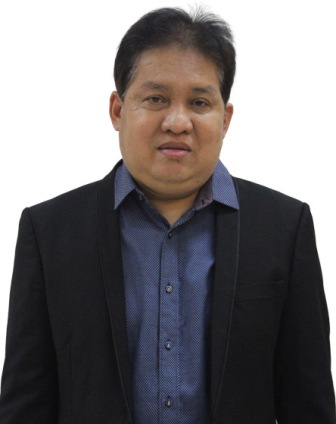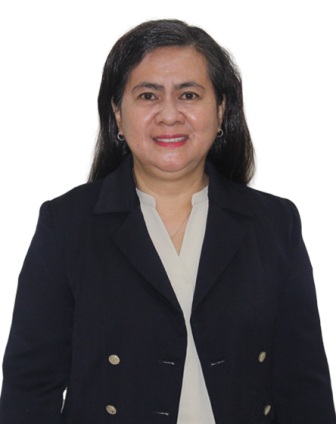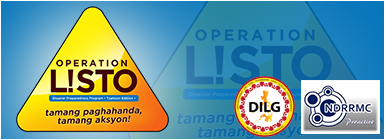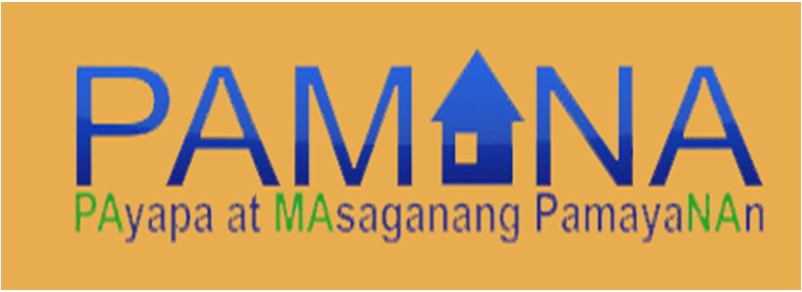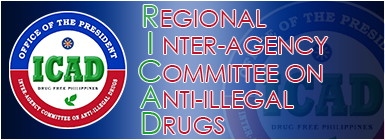Who we are
The present Department of the Interior and Local Government (DILG) traces its roots from the Philippine Revolution of 1897. On March 22, 1897, the Katipunan Government established the first Department of Interior at the Tejeros Convention.
A revolutionary government was also established at that time and the new government elected General Emilio Aguinaldo as President and Andres Bonifacio as Director of Interior, although Bonifacio did not assume the post. At the Naic Assembly held on April 17, 1897, President Aguinaldo appointed General Pascual Alvarez as Secretary of the Interior.
The Department of Interior was enshrined in the Biak-na-Bato Constitution signed on November 1, 1897. Article XV of the said Constitution defined the powers and functions of the Department that included statistics, roads and bridges, agriculture, public information and posts, and public order.
As the years of struggle for independence and self-government continued, the Interior Department became the premier office of the government tasked with various functions ranging from supervision over local units, forest conservation, public instructions, control and supervision over the police, counter-insurgency, rehabilitation, community development and cooperatives development programs.
In 1950, the Department was abolished and its functions were transferred to the Office of Local Government (later renamed Local Government and Civil Affairs Office) under the Office of the President. On January 6, 1956, President Ramon Magsaysay created the Presidential Assistant on Community Development (PACD) to implement the Philippine Community Development Program that will coordinate and integrate on a national scale the efforts of various governmental and civic agencies to improve the living conditions in the barrio residents nationwide and make them self-reliant.
In 1972, Presidential Decree No. 1 created the Department of Local Government and Community Development (DLGCD) through Letter of Implementation No. 7 on November 1, 1972. Ten years later or in 1982, the
DLGCD was reorganized and renamed Ministry of Local Government (MLG) by virtue of Executive Order No. 777; and in 1987, it was further reorganized and this time, renamed Department of Local Government (DLG) by virtue of Executive Order No. 262.
Goals & Objectives
Goals
- Peaceful, safe, self-reliant and development-dominated communities;
- Improve performance of local governments in governance, administration, social and economic development and environmental management;
- Sustain peace and order condition and ensure public safety.
Objectives
- Reduce crime incidents and improve crime solution efficiency
- Improve jail management and penology services
- Improve fire protection services
- Continue professionalization of PNP, BFP and BJMP personnel and services
- Enhance LGU capacities to improve their performance and enable them to effectively and efficiently deliver services to their constituents
- Continue to initiate policy reforms in support of local autonomy
Powers & Functions
- Assist the President in the exercise of general supervision over local governments;
- Advise the President in the promulgation of policies, rules, regulations and other issuances on the general supervision over local governments on public order and safety;
- Establish and prescribe rules, regulations and other issuances implementing laws on public order and safety, the general supervision over local governments and the promotion of local autonomy and community empowerment and monitor compliance thereof;
- Provide assistance towards legislation regarding local governments, law enforcement and public safety;
- Establish and prescribe plans, policies, programs and projects to promote peace and order, ensure public safety and further strengthen the administrative, technical and fiscal capabilities of local government offices and personnel;
- Formulate plans, policies and programs which will meet local emergencies arising from natural and man-made disasters;
- Establish a system of coordination and cooperation among the citizenry, local executives and the Department, to ensure effective and efficient delivery of basic services to the public;
- Organize, train and equip primarily for the performance of police functions, a police force that is national in scope and civilian in character.
Key Officials
|
MARIA LOISELLA E. LUCINO, CESO VRegional Director Trunkline: (085) 975 9830 to 34 |
|||||
|
ENGR. DONALD A. SERONAYAssistant Regional Director Trunkline: (085) 975 9830 to 34 |
|||||
|
RAY GREGORY F. JARANILLAChief, LGMED |
MILARIZA L. BENIGA, EnPChief, LGCDD |
JOCELYN C. JAYOMAChief, FAD |
|||
| PROVINCIAL DIRECTORS | |||||
 ELLEN VEE P. CHUAProvincial Director |
 ARLEEN ANN R. SANCHEZProvincial Director |
JOHN REYL L. MOSQUITOProvincial Director |
 DOMINGO E. BULABOGProvincial Director |
 RIZZA D. SIONProvincial Director |
|
| CITY DIRECTORS | |||||
 ANNABEL F. YANGSONCity Director |
|||||
| CITY LOCAL GOVERNMENT OPERATIONS OFFICERS | |||||
 ANNABELLA O. CADIGALCLGOO |
 ALICE B. ROBLESCLGOO |
 ROBERTO E. PATAYONCLGOO |
 OLIVIA P. BAGASBASCLGOO |
 JULIUS R. CARRIDOCLGOO |
|
Quality Policy
DILG NATIONAL QUALITY POLICY
We, the DILG, imbued with the core values of Integrity, Commitment, Teamwork and Responsiveness, commit to formulate sound policies on strengthening local government capacities, performing oversight function over LGUs, and providing rewards and incentives. We pledge to provide effective technical and administrative services to uphold excellence in local governance and enhance the service delivery of our Regional and Field Offices to become trusted partners in nurturing local governments and sustaining peaceful, safe, progressive, resilient, and inclusive communities.
We commit to continually improve the effectiveness of our Quality Management System complaint with applicable statutory and regulatory requirements and international standards gearing towards organizational efficiency in pursuing our mandate and achieving our client’s satisfaction.
We commit to consistently demonstrate a “Matino, Mahusay at Maasahang Kagawaran Para sa Mapagkalinga at Maunlad na Pamahalaang Lokal”.


